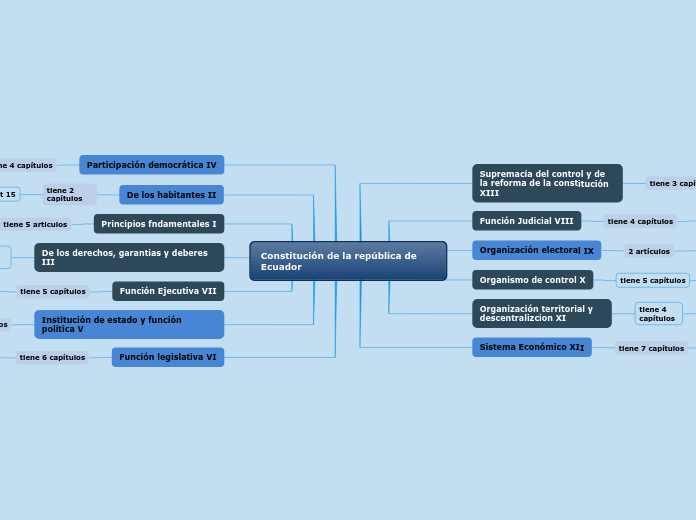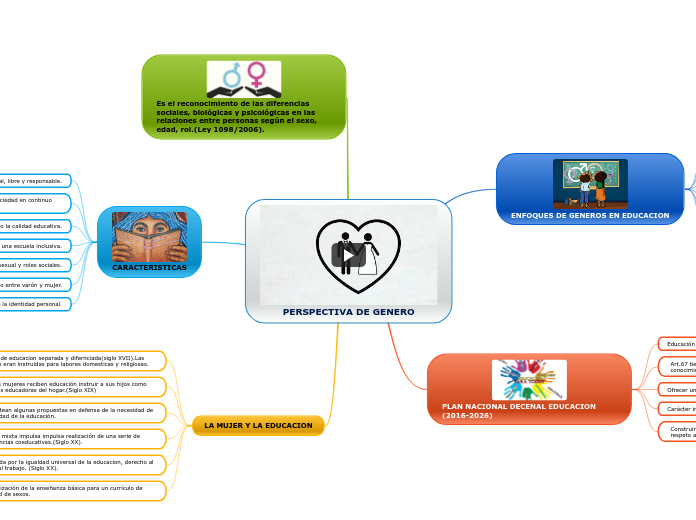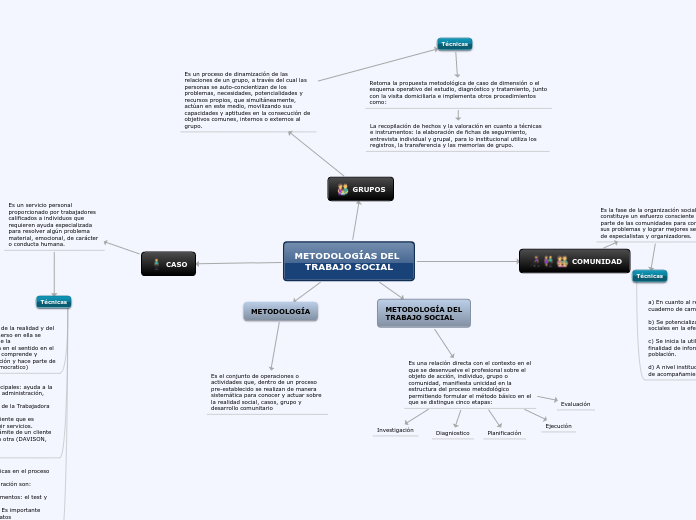Constitución de la república de Ecuador
Marine life, sea life or ocean life, is represented by the plants, animals and other organisms that live in the saltwater of the sea or ocean, or the brackish water of coastal estuaries.
At a fundamental level, marine life affects the nature of the planet. Marine organisms produce oxygen and sequester carbon.
Función legislativa VI
tiene 6 capítulos
Art 126 al 163
Institución de estado y función política V
Art 118 al Art 125
Función Ejecutiva VII
Marine mammals are aquatic mammals that rely on the ocean and other marine ecosystems for their existence.
They include animals such as seals, whales, manatees, sea otters, and polar bears. They are an informal group, unified only by their reliance on marine environments for feeding.
- Do they live in water all the time?
- How dense is sea otters' fur?
- What do sea otters eat?
- What is a group of otters called?
Art 164 al Art 190
De los derechos, garantias y deberes III
Seabirds are birds that are adapted to life within the marine environment. While seabirds vary greatly in lifestyle, behavior, and physiology, they often exhibit striking convergent evolution, as the same environmental problems and feeding niches have resulted in similar adaptations.
Name a few of bird species who live at sea or at the seaside:
Art 16 al Art 97
Principios fndamentales I
Currently, of the approximately 12,000 extant reptile species and subspecies, only about 100 are classed as marine reptiles: extant marine reptiles include marine iguanas, sea snakes, sea turtles and saltwater crocodiles.
tiene 5 articulos
The marine iguana, also known as the sea iguana is a species of iguana found only on the Galápagos Islands that has the ability, unique among modern lizards, to forage in the sea, making it a marine reptile.
Add important facts about marine iguanas. For e.g. how long can a marine iguana stay underwater or how long do they live, etc.
Art 1 al Art 5
De los habitantes II
tiene 2 capítulos
Art 6 al Art 15
Sistema Económico XII
tiene 7 capítulos
Art 242 al 271
Participación democrática IV
Art 98 al Art 117
Organización territorial y descentralizcion XI
Marine invertebrates lack a vertebral column, and some have evolved a shell or a hard exoskeleton. Some of them can collect bacterias or even absorb harmful components. For instance, sea sponges are able to take in the excess amount of ammonium in the ocean water.
They have more than 10,000 species, name a few that are the most common.
Art 224 al Art 241
Organismo de control X
Marine plants consist of two major types, the seagrasses, and the algae and seaweeds.
Seagrasses represent members of some of the more complex plants, while algae and seaweeds display simple forms and are often microscopic.
Gather information about marine plants:
- What do marine plants need to survive?
- What is the importance of marine algae?
- How long do aquatic plants live?
tiene 5 capítulos
Art 211 al Art 223
Organización electoral IX
2 artículos
Art 209 al Art 210
Función Judicial VIII
A coral reef is an underwater ecosystem characterized by reef-building corals. Reefs are formed of colonies of coral polyps held together by calcium carbonate. Most coral reefs are built from stony corals, whose polyps cluster in groups.
The 3 main types of reef are: atoll, barrier reefs, fringing reefs.
Write down their characteristics as well as the importance of the reefs
tiene 4 capítulos
Coral reefs are important for many different reasons aside from supposedly containing the most diverse ecosystems on the planet.
Art 191 al Art 208
Supremacía del control y de la reforma de la constitución XIII
Fish are limbless cold-blooded vertebrate animal with gills and fins living wholly in water.
tiene 3 capítulos
Art 272 al Art 284









